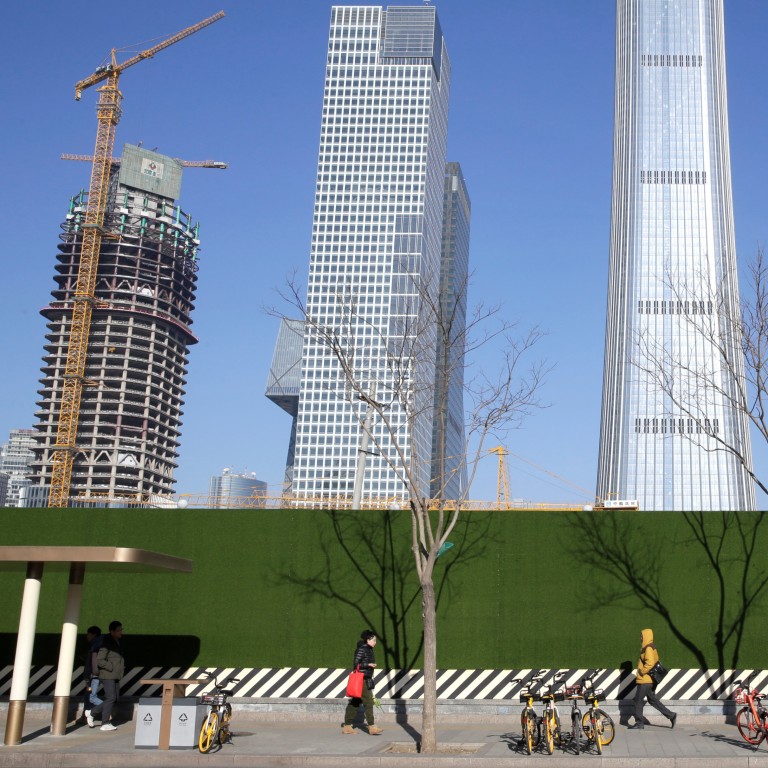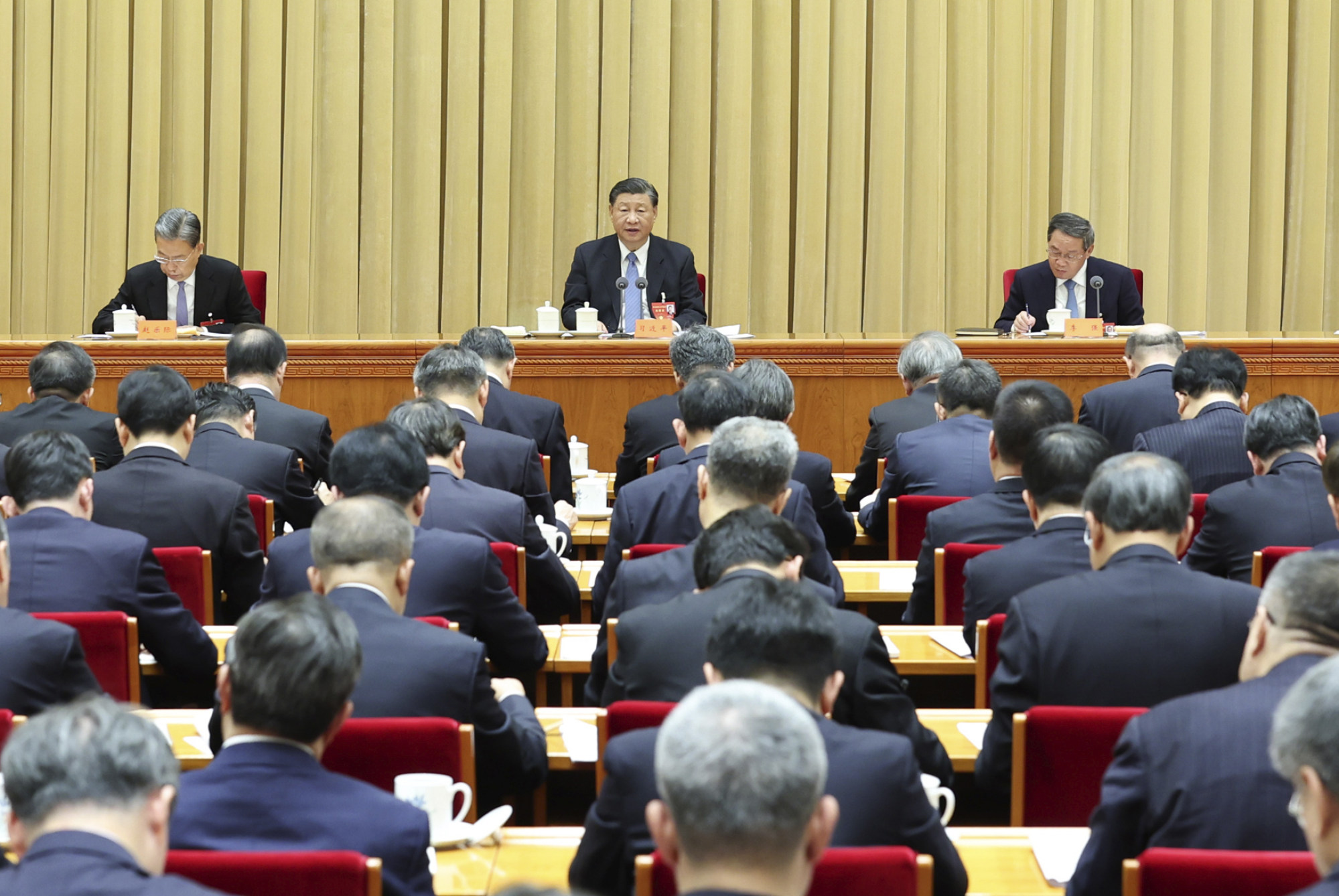
Development without sacrificing stability key for China’s year ahead
- Top economic meeting makes it clear that the way forward for the nation in complex conditions is to build resilience and capacity for longer-term growth
Two tone-setting statements have thrown light on the focus of China’s economic policy direction next year. Development was the biggest political priority, Beijing said after its just-concluded annual central economic work conference.
In the context of prioritising development or security, this signals a tilt towards economic growth, while security remains very much a focus.
This came after the official account of a meeting of the Politburo revealed a more cautious approach to addressing structural problems to reduce the risk of disruption to businesses and the wider economy.
One of the most discussed passages in the Politburo statement focuses on the need to build new structures before removing the old, instead of the other way round. It ultimately comes down to the paramount goal of stability.

“Next year we must persist in seeking progress while maintaining stability, promoting stability through advancement, and establishing the new before abolishing the old,” the statement said.
This has been widely interpreted as a subtle implication that some things may have been done better in the recent past. It echoes concerns voiced before by high-ranking officials, for example about “jumping the gun” in efforts to meet the nation’s commitment to decarbonisation of the economy.
It led to coal shortages and power outages across the country that forced officials to correct course.
Analysts point out that such rushed campaigns can roil markets. The Politburo’s embrace of more stable policies in 2024 could, in turn, help stabilise the expectations of people and businesses.
The lessons of the past are relevant to today’s structural problems, such as the property bubble and high levels of local government debt arising from the pandemic-related slowdown. Analysts say the Politburo statement signals a more cautious approach to avoid unintended side effects.
From carbon cuts to common prosperity, China’s Politburo course corrects policy
The argument is that instead of just bursting a property bubble or cracking down on irregularities, the authorities should come up with a backup solution to combat side effects, or at least build a parallel support system.
The language and tone of the statement means the leadership is not just pushing for GDP growth but for a more sustainable pace rather than a V-shaped rebound.
Throughout the statement the emphasis is on stability, with a recovery in growth framed as a critical contributing factor to stability. The principle of “establish the new before abolishing the old” means growing the economy to achieve common prosperity, and trials of new energy sources before phasing out coal and other fossil fuels.
The way forward, amid complex conditions, is to build resilience and capacity in the economy for longer-term growth.

